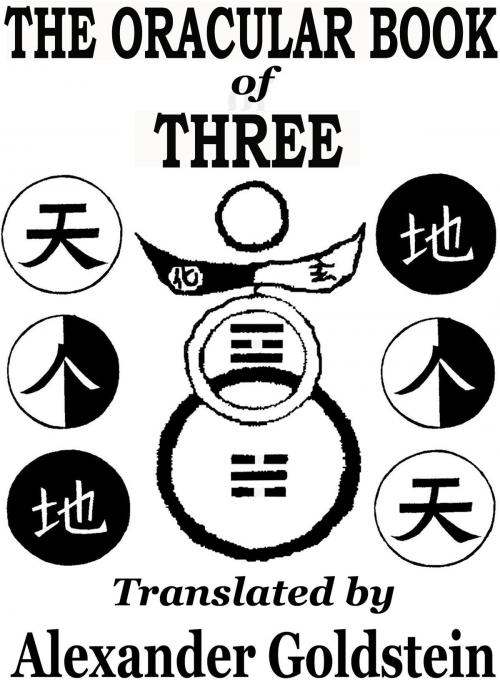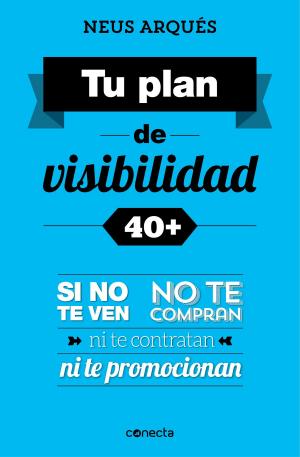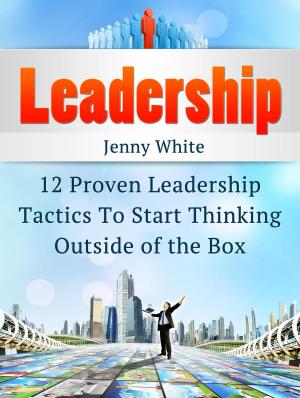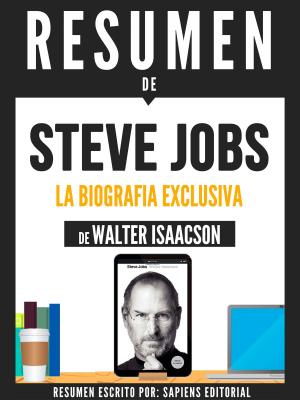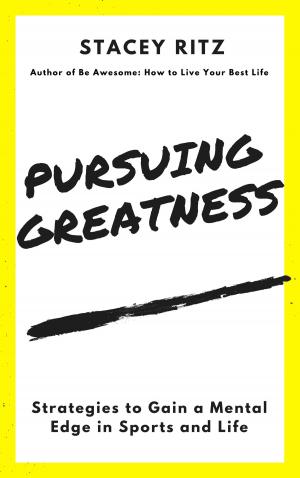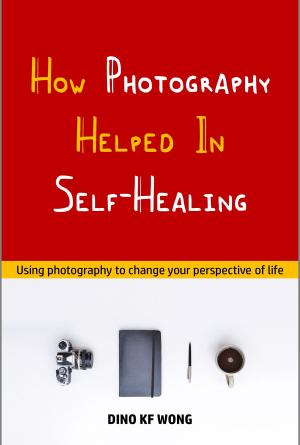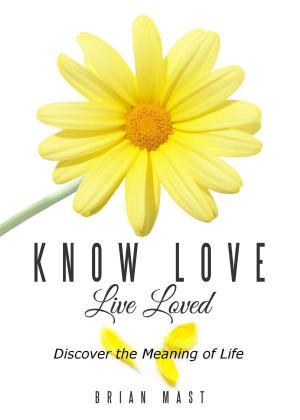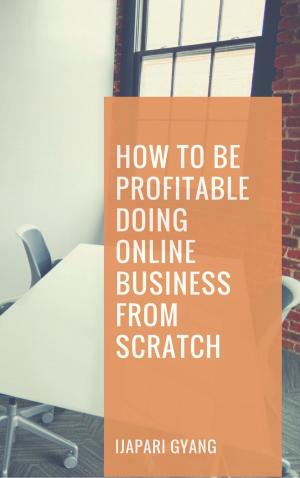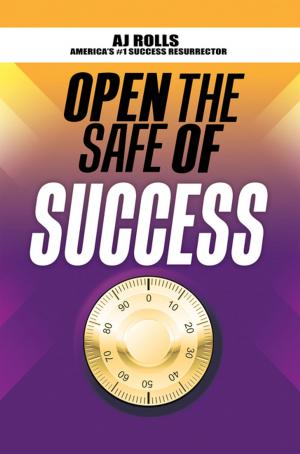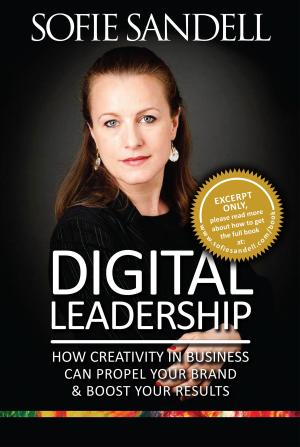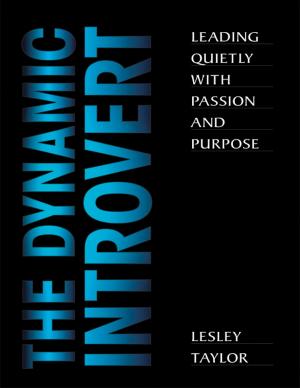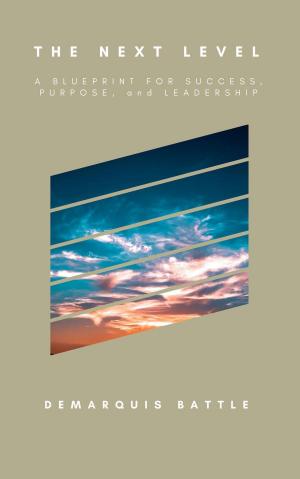| Author: | Alexander Goldstein | ISBN: | 9781311787187 |
| Publisher: | Alexander Goldstein | Publication: | November 12, 2015 |
| Imprint: | Smashwords Edition | Language: | English |
| Author: | Alexander Goldstein |
| ISBN: | 9781311787187 |
| Publisher: | Alexander Goldstein |
| Publication: | November 12, 2015 |
| Imprint: | Smashwords Edition |
| Language: | English |
We use the oracular guidebook as a source of insight, the penetration into the nature and operating system of the human mind. Specifically, we concern the central issue of relationship between the still substance of the mind and its effective functioning. Yang Xiong (53BCE-18CE), the author of the “Oracle of Three” saw the oracular books of great antiquity as an inexhaustible repository of cosmic patterns and the source of values rooted in Heaven-and-Earth. Treating the Oracle as an analogue of the sage's mind, he believed that it could be used to enhance the mind of everyman. Divination, focused internally, can contribute to self-knowledge; focused externally, it allows one to harmonize social activities more effectively with the flow of current events. On the basic level, we use divination to determine the course of events in complex or uncertain situations so as to make appropriate decisions regarding further activities from the beginning through their developments to the ending. By responding to incipient change a diviner seems to be one who has already known the future. In fact, the character and conduct of future events, their patterns and principles, are already present in the incipient form. At another level, we use divination to improve our abilities to respond to events spontaneously as they occur. Ultimately, we try to attain the sagehood through learning and internalizing the spiritual capacity available by means of the yarrow stalks to clear the mind as pure and unobstructed as the superior man’s mind. The ultimate goal is to respond to incipient changes correctly, in accord with dynamic patterns of reality, as the superior man does it without recourse to divination. Therefore, divination can be used as an aid in the social and psychophysical purification of the mind. Every prediction has its certain conditions: if the diviner does not reach the state of dedicated concentration, it is better not to resort to casting-out the yarrow stalks at all, as without faith not a thing can be clarified. When there is no doubt (query), there is no reason to predict, as long as the whole point of producing divination reduces to a question of making a right decision. If the diviner believes that the principles, according to which divination operates are out of regularity and the natural course of things, with its opening, proceeding and closing, in such a case divination has no sense as it loses the logic of things. If not to follow prediction, never putting a resolution into practice, it is the same as to act against its conclusion and thus run counter to the Oracle, humiliating the sacral value of divination in principle. By using the Oracle as a classical text only, rather than a divinatory guidance, means to implicitly discourage the practitioner from opening his or her virtuous operation of decision-making and ignore the spiritual influence of the yarrow stalks, as well as the sagely transcendent wisdom and heavenly patterns, to which they give access. This is the Oracle’s function as an instrument of divination to detect change and indicate a proper response to it. While the sage does not need divination, as he has already possessed the spiritual clarity of mind that makes possible knowledge of the future and perfect moral responsiveness, every businessman and otherwise can make the Oracle one’s reliable tool by means of which a correct prognostication can be forecast through the regular practice of making the right decision. To steer a middle course can be a good idea which is, however, not so easy to implement as it sounds. Nevertheless, it is Man who turns his back to the ways of Dao, relying now and then upon his own narrow-mindedness. Those who seek deeply the origin of the Dao find it difficult to trace; those who just flow on its surface naturally, if not to say intuitively and instinctively, find it easy to follow. Let us start to follow with it smoothly to succeed.
We use the oracular guidebook as a source of insight, the penetration into the nature and operating system of the human mind. Specifically, we concern the central issue of relationship between the still substance of the mind and its effective functioning. Yang Xiong (53BCE-18CE), the author of the “Oracle of Three” saw the oracular books of great antiquity as an inexhaustible repository of cosmic patterns and the source of values rooted in Heaven-and-Earth. Treating the Oracle as an analogue of the sage's mind, he believed that it could be used to enhance the mind of everyman. Divination, focused internally, can contribute to self-knowledge; focused externally, it allows one to harmonize social activities more effectively with the flow of current events. On the basic level, we use divination to determine the course of events in complex or uncertain situations so as to make appropriate decisions regarding further activities from the beginning through their developments to the ending. By responding to incipient change a diviner seems to be one who has already known the future. In fact, the character and conduct of future events, their patterns and principles, are already present in the incipient form. At another level, we use divination to improve our abilities to respond to events spontaneously as they occur. Ultimately, we try to attain the sagehood through learning and internalizing the spiritual capacity available by means of the yarrow stalks to clear the mind as pure and unobstructed as the superior man’s mind. The ultimate goal is to respond to incipient changes correctly, in accord with dynamic patterns of reality, as the superior man does it without recourse to divination. Therefore, divination can be used as an aid in the social and psychophysical purification of the mind. Every prediction has its certain conditions: if the diviner does not reach the state of dedicated concentration, it is better not to resort to casting-out the yarrow stalks at all, as without faith not a thing can be clarified. When there is no doubt (query), there is no reason to predict, as long as the whole point of producing divination reduces to a question of making a right decision. If the diviner believes that the principles, according to which divination operates are out of regularity and the natural course of things, with its opening, proceeding and closing, in such a case divination has no sense as it loses the logic of things. If not to follow prediction, never putting a resolution into practice, it is the same as to act against its conclusion and thus run counter to the Oracle, humiliating the sacral value of divination in principle. By using the Oracle as a classical text only, rather than a divinatory guidance, means to implicitly discourage the practitioner from opening his or her virtuous operation of decision-making and ignore the spiritual influence of the yarrow stalks, as well as the sagely transcendent wisdom and heavenly patterns, to which they give access. This is the Oracle’s function as an instrument of divination to detect change and indicate a proper response to it. While the sage does not need divination, as he has already possessed the spiritual clarity of mind that makes possible knowledge of the future and perfect moral responsiveness, every businessman and otherwise can make the Oracle one’s reliable tool by means of which a correct prognostication can be forecast through the regular practice of making the right decision. To steer a middle course can be a good idea which is, however, not so easy to implement as it sounds. Nevertheless, it is Man who turns his back to the ways of Dao, relying now and then upon his own narrow-mindedness. Those who seek deeply the origin of the Dao find it difficult to trace; those who just flow on its surface naturally, if not to say intuitively and instinctively, find it easy to follow. Let us start to follow with it smoothly to succeed.
